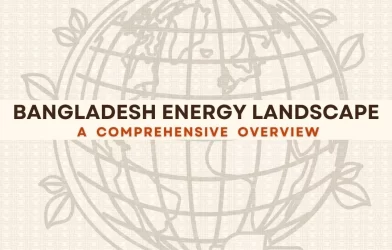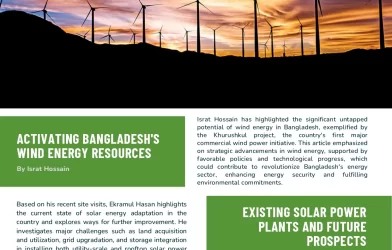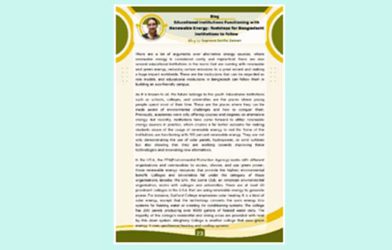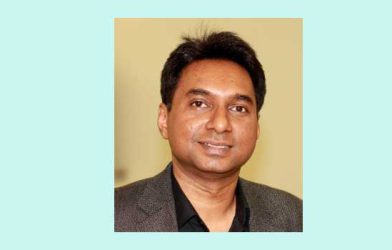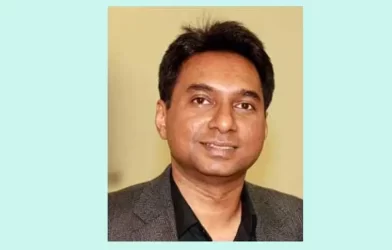Experts for proper plan, policy support
‘Govt should go for short-term plans, resource mapping for lands’
Speakers in a webinar on Wednesday said proper action plan and the government’s policy support would help include a substantial quantity of renewable energy in the national grid.
But, before that, the government should review the existing policies on renewable energy, as it has under-achieved the target of producing clean energy.
The experts also urged the government to provide policy and intensive support to the private sector entrepreneurs, so that they can come and invest in the renewable energy sector.
They noted that the government should formulate one-year or maximum five-year plans for renewable energy production, rather than very long-term plans.
The speakers came up with the observations and suggestions at a SANEM-organised webinar on ‘Misconceptions about Renewable Energy in Bangladesh’.
Dr Mohammad Tamim, Dean of Faculty of Chemical and Materials Engineering – Bangladesh University of Engineering and Technology (BUET), said the government must review its policies on renewable energy, analysing why it has failed in the last 10-15 years to achieve the sectoral target.
He also questioned the government’s inability to formulate feed-in tariff for expansion of the renewable energy sector.
Feed-in tariff is a policy mechanism that provides a renewable energy facility with a guarantee of interconnection with the electricity grid along with a set price paid for that renewable energy.
Mr Tamim said (installation of) around 6,000-MW-capacity solar park is possible as per the World Bank study despite land scarcity for such plant.
Primarily only the government can produce renewable energy for bigger projects, and later the private sector may join it.
The government does not have much trust on renewable energy, or else the sector would have improved much earlier, he added.
Shafiqul Alam, Energy Finance Analyst for Bangladesh – Institute for Energy Economics and Financial Analysis, said the government’s target of producing 24,000 MW of renewable energy by 2040 is challenging. “The government should look at the short-term plans, rather than the long-term plans that do not bring any fruitful result.”
Mr Alam opined that the government should expedite the process of (providing) various incentives to make solar plant equipments affordable, especially for rooftop and small-scale projects.
He urged the government to conduct an intensive resource mapping for lands for renewable energy.
Moshahida Sultana Ritu, Associate Professor at Department of Accounting and Information Systems – University of Dhaka, said most of the misconceptions regarding the renewable energy sector are based on real experience and these are really true. The government should address the factors to remove these misconceptions.
“The land scarcity misconception has come mostly from big investors, who seek large size of lands.”
Land scarcity is there, but lands are also there that can be utilised, if a proper plan is implemented. Dr. Sayema Haque Bidisha, Professor at Department of Economics – Dhaka University, made welcome remarks in the webinar. Israt Hossain, Senior Research Associate – SANEM, moderated the discussion.







